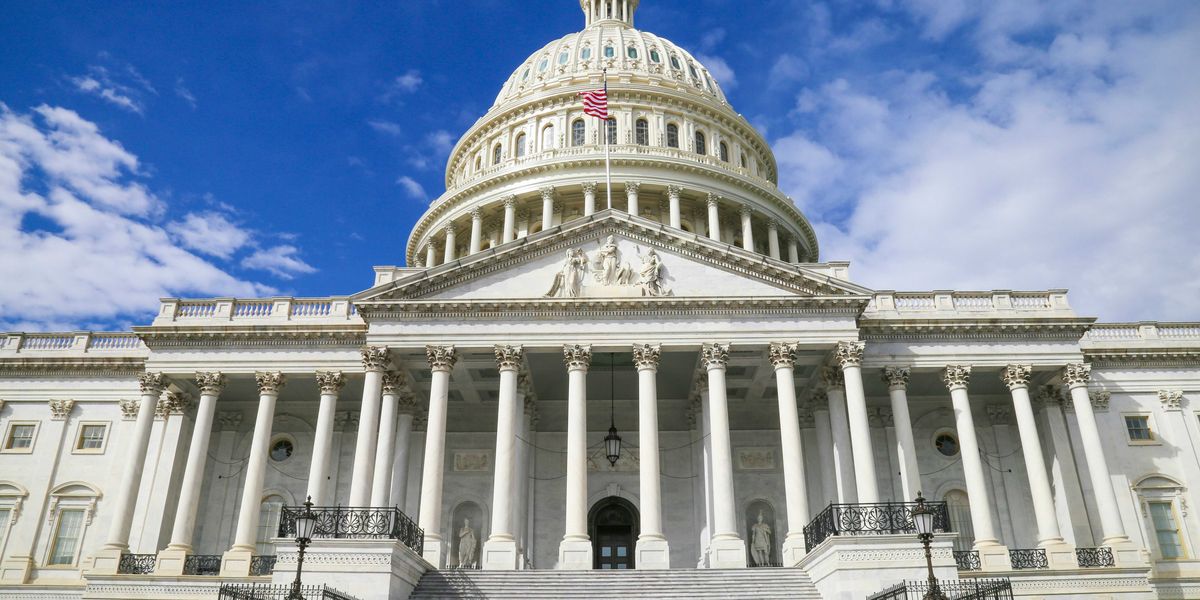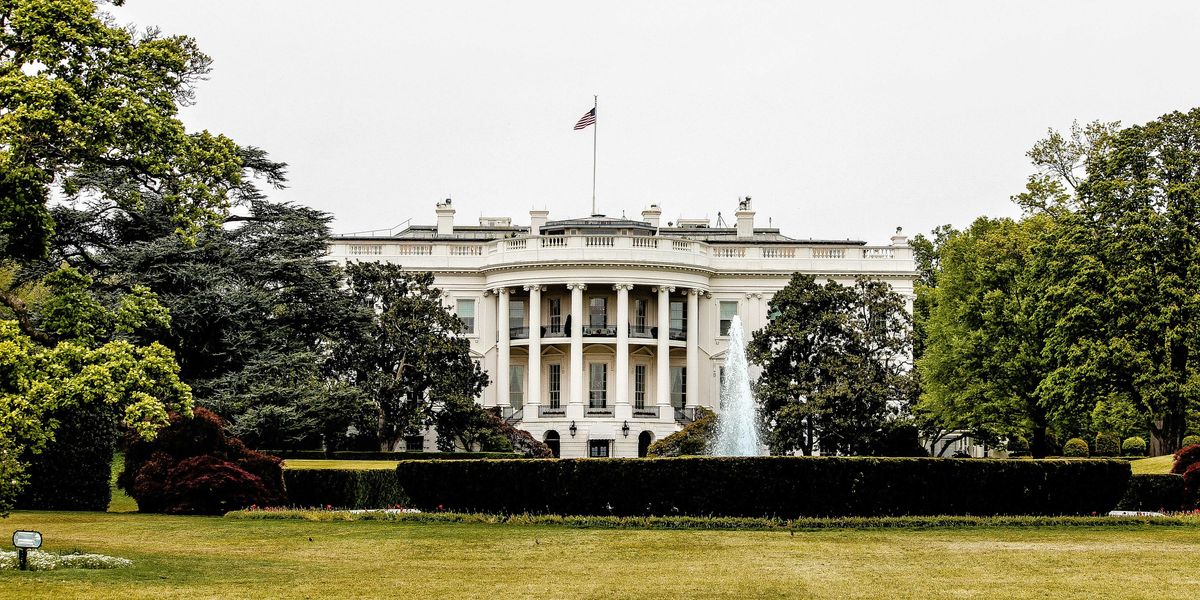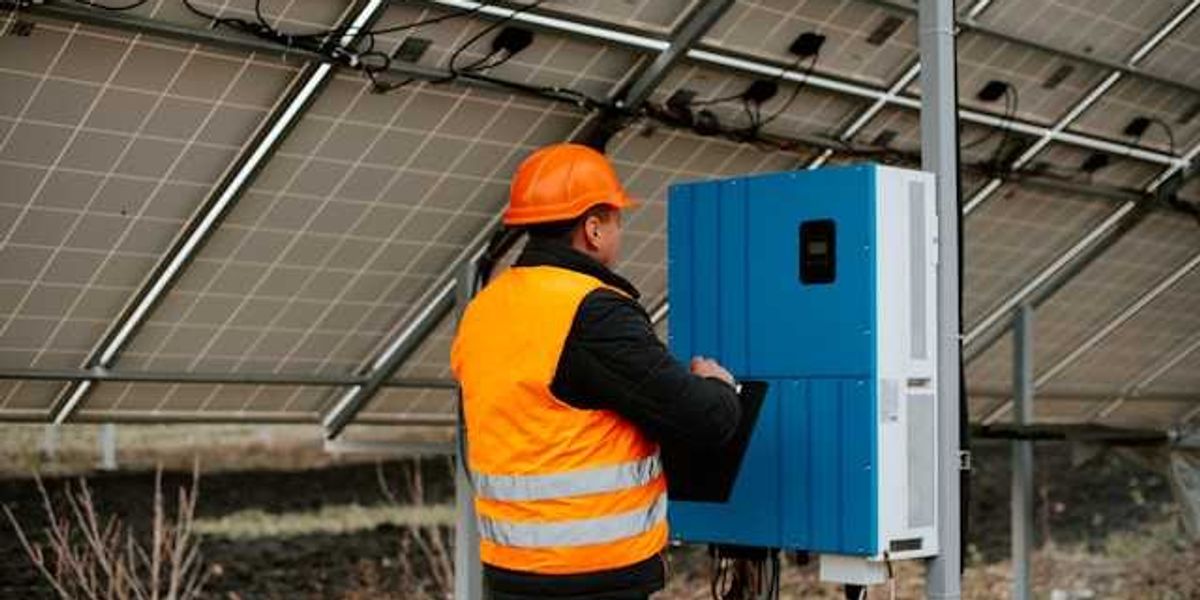Abandoned fossil fuel sites now rival top countries in methane emissions
Methane leaking from abandoned coal mines and oil and gas wells has made this neglected infrastructure the fourth-largest emitter of the potent greenhouse gas globally, according to new findings.
Fiona Harvey reports for The Guardian.
In short:
- Methane emissions from abandoned fossil fuel sites now exceed national emissions from Iran and trail only China, the U.S., and Russia. An estimated eight million abandoned oil and gas wells remain globally.
- Cleaning up these sites could cost about $100 billion, but most governments are reluctant to invest, as there’s little economic return and weak political momentum, especially under the new Trump administration.
- Satellite monitoring has revealed that actual methane emissions far surpass official country estimates, exposing a wide accountability gap in global reporting.
Key quote:
“Measuring methane emissions is not enough to mitigate them, as the IEA shows with its report.”
— Durwood Zaelke, president of the Institute for Governance and Sustainable Development
Why this matters:
Methane is a fast-acting climate pollutant with more than 80 times the warming power of carbon dioxide over a 20-year period. Abandoned oil wells, gas rigs, and coal mines — many of them poorly sealed or left open — leak methane in massive quantities without oversight. These invisible emissions accumulate in the atmosphere, accelerating planetary warming in the short term. Unlike carbon dioxide, methane dissipates faster, meaning reducing its emissions now could yield quicker climate benefits. Yet plugging these leaks remains a low priority due to high upfront costs and a lack of enforcement, particularly in countries with deregulated fossil fuel sectors. The U.S. had moved toward tighter methane controls, but President Trump’s reversal of Biden-era regulations has cast doubt on future progress.
Related EHN coverage: Oil and gas methane emissions in US are at least 15% higher than we thought













